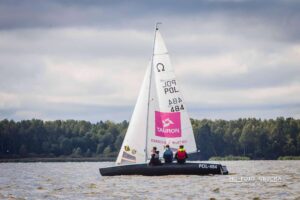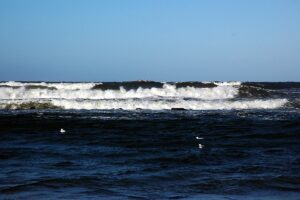From our perspective, two things are happening in the energy sector- the technological revolution and the energy transition that must be fueled somehow. In Polish circumstances the key factor will be natural gas – said the head of the Jagiellonian Institute Marcin Roszkowski at the conference „Towards 21st Century Energy Systems in Central & Eastern Europe” organized by the Atlantic Council.
– The other hand there are regulations like the Paris agreement that Poland is a part of and extended EU regulations. As we speak, a trilogue is going on in Brussels about the shape of EU ETS, and what is important for Poland, the winter package. The prices for CO2 emissions have significantly risen within the past 12 months. It is extremely important because over 80 per cent of Polish energy and almost 100 percent of heating comes from coal. These regulations will affect the Polish market. There is an increasing need for investment in the Polish energy sector that needs to be re-organized. The problem is that the demand for electricity in Poland is rising and we are running out of lignite, so lignite-fired power plants will have no fuel. Polish government has foggy plans to build one or two nuclear blocks, the other option are offshore wind farms. More natural gas will be needed; at the time being, Poland consumes 16 bcm of gas a year. We extract 4 bcm from domestic sources, almost the entire rest is imported from Gazprom.
This creates a handful of threats for the economy. First, the costs of energy will rise. Second, imports of Russian coal to Poland is increasing. Third, dependence on Russian gas is dangerous – Nord Stream 2 is an example for this. The Soviet Union has collapsed, but Russian authorities still use gas trading as a political weapon. Russia’s interference with its neighboring countries is clear – they are spoiling democracies and causing conflicts with Georgia and Ukraine or cyberattacks on the Baltic states. Nord Stream 2 denies the policy of diversification of supplies.
In this context, Poland is developing its LNG Terminal in Świnoujście, expands its gas transmission network and focuses on building Baltic Pipe, which is a real effort for diversification. The Three Seas Initiative is crucial for developing the transmission system in the North-South direction. The goal is to oppose the countries that regularly break the human rights.








